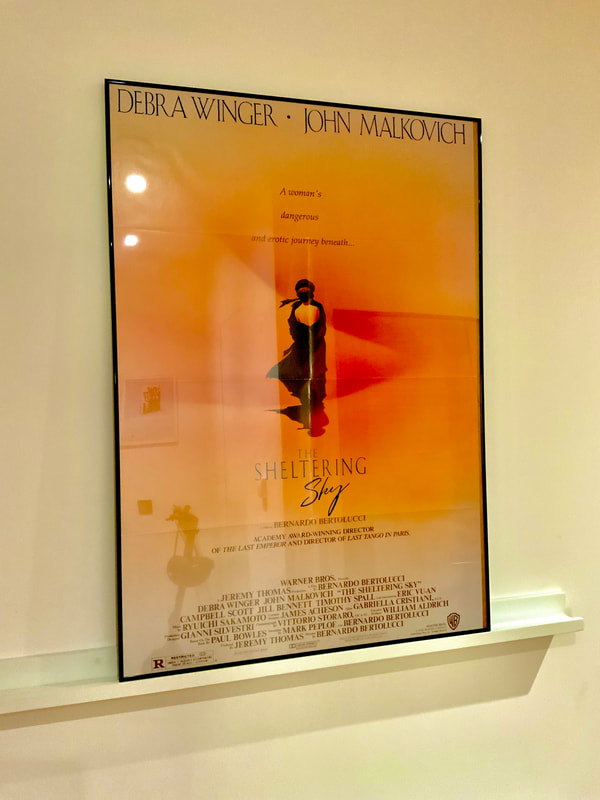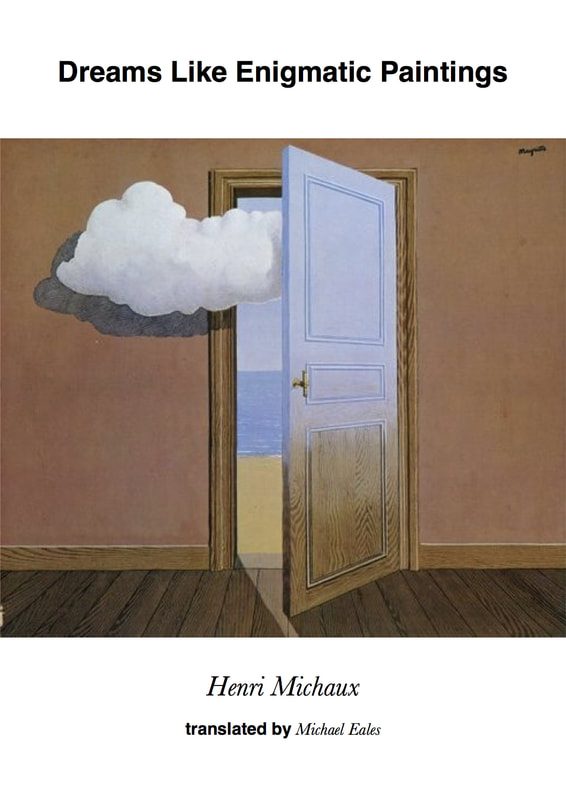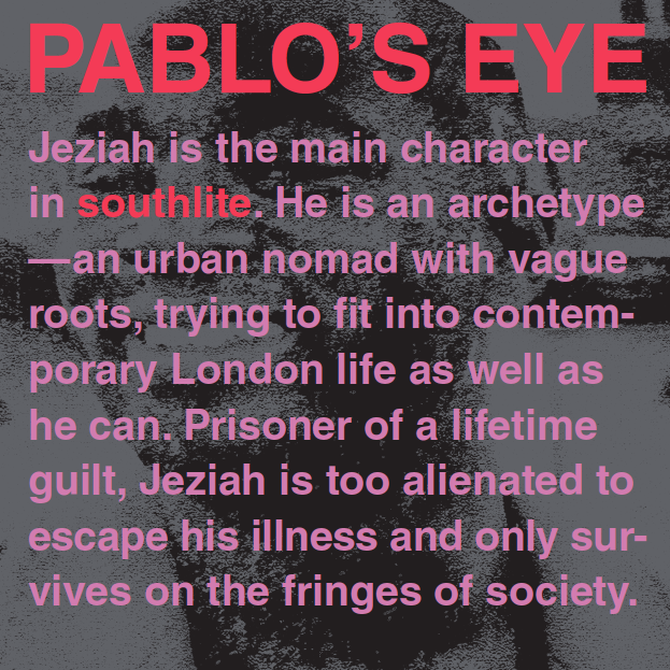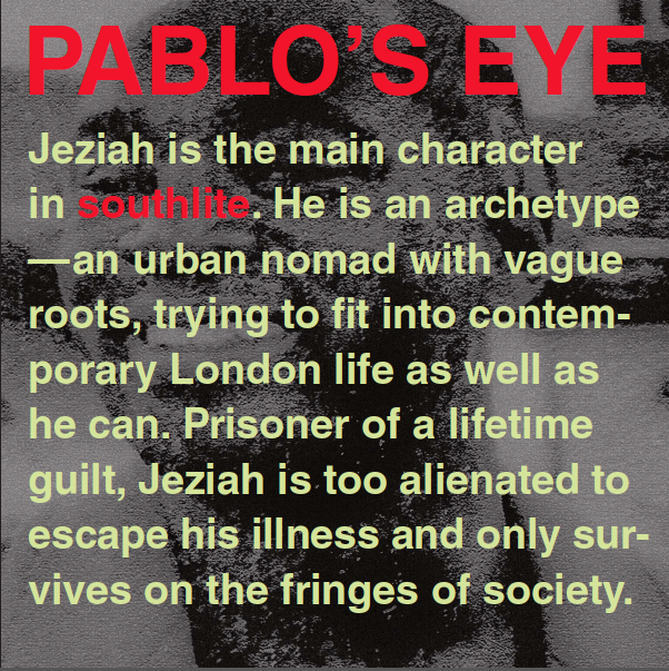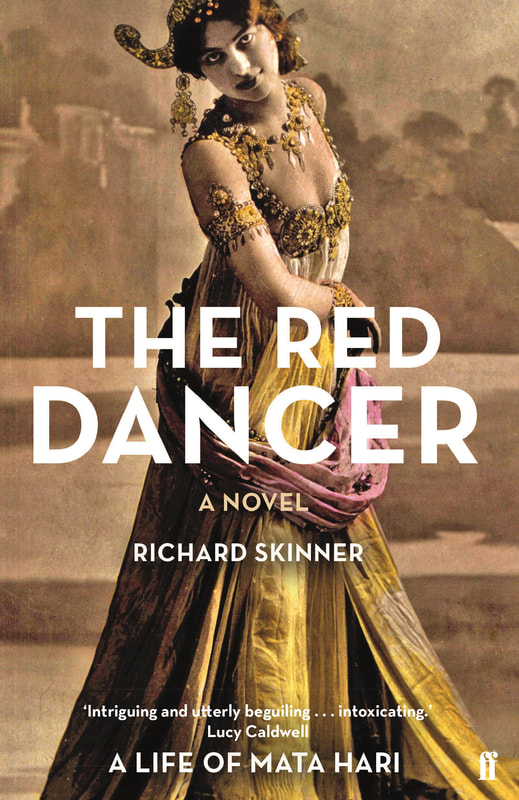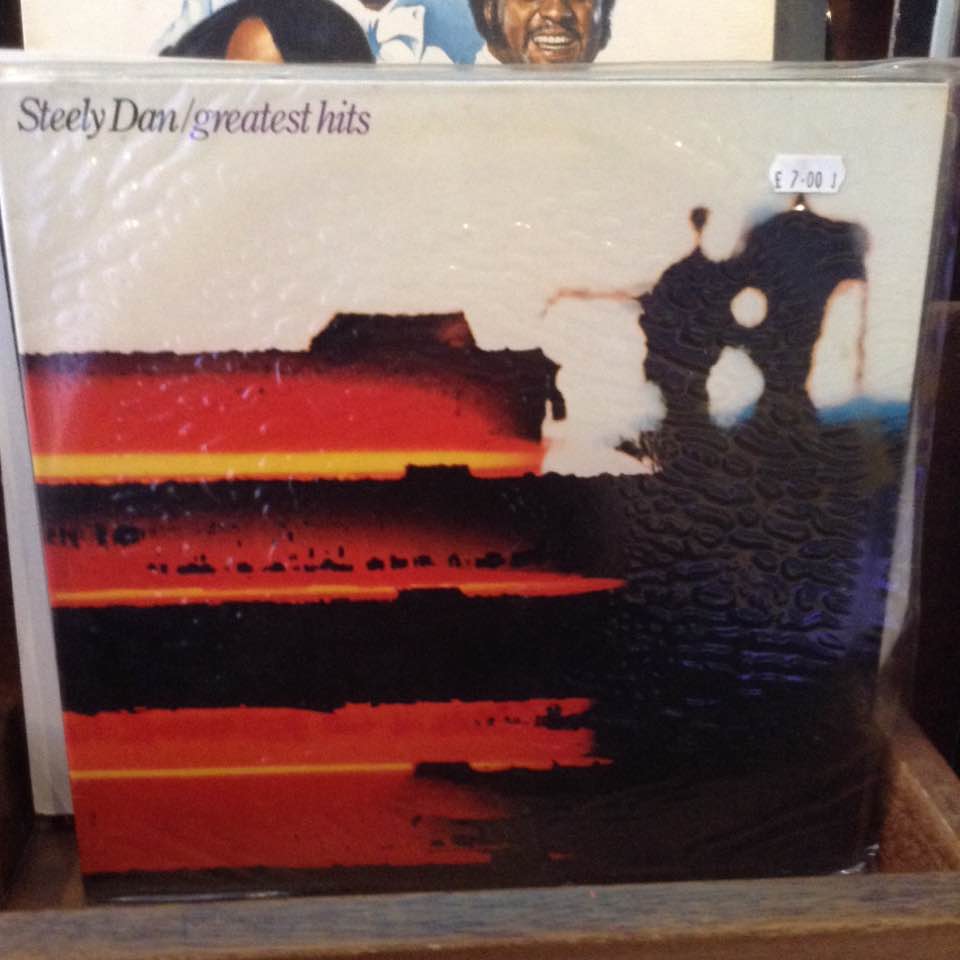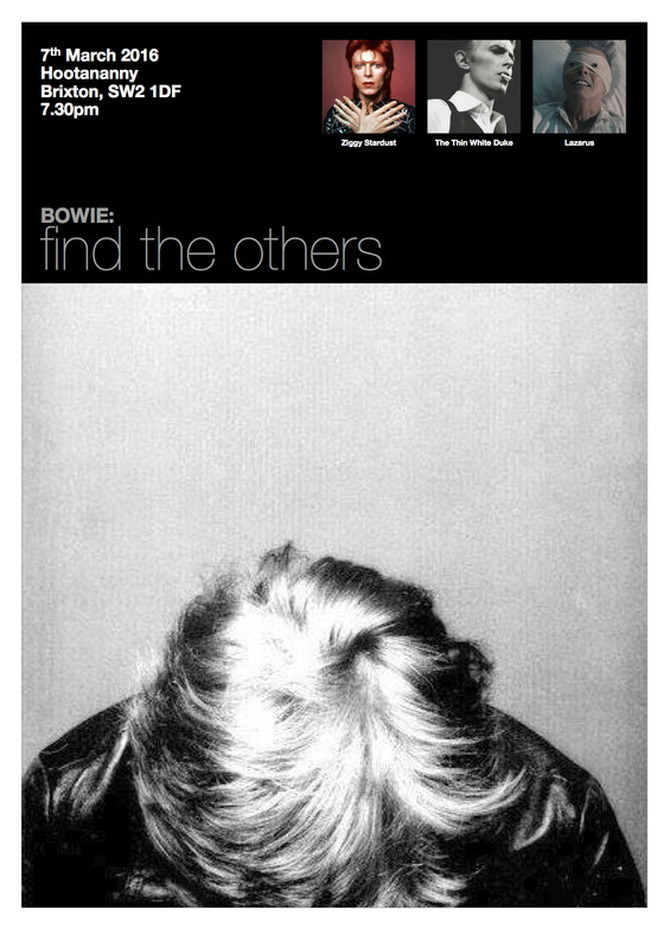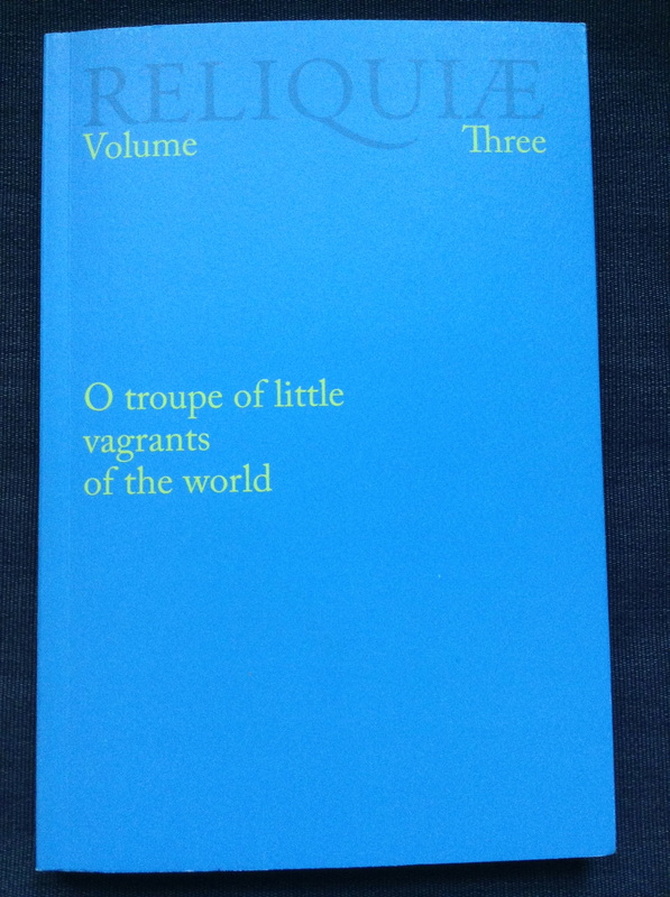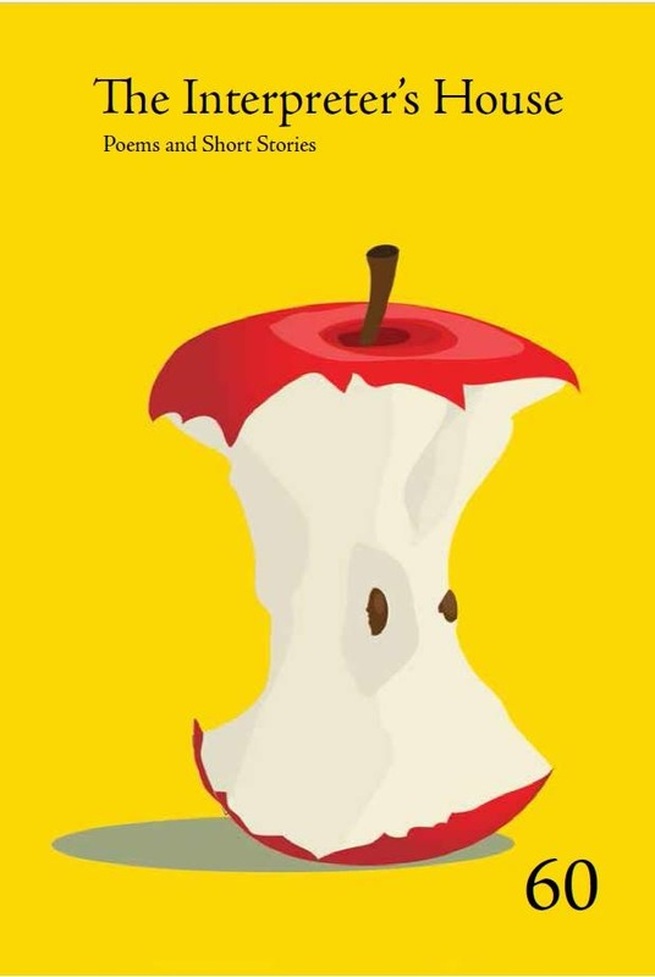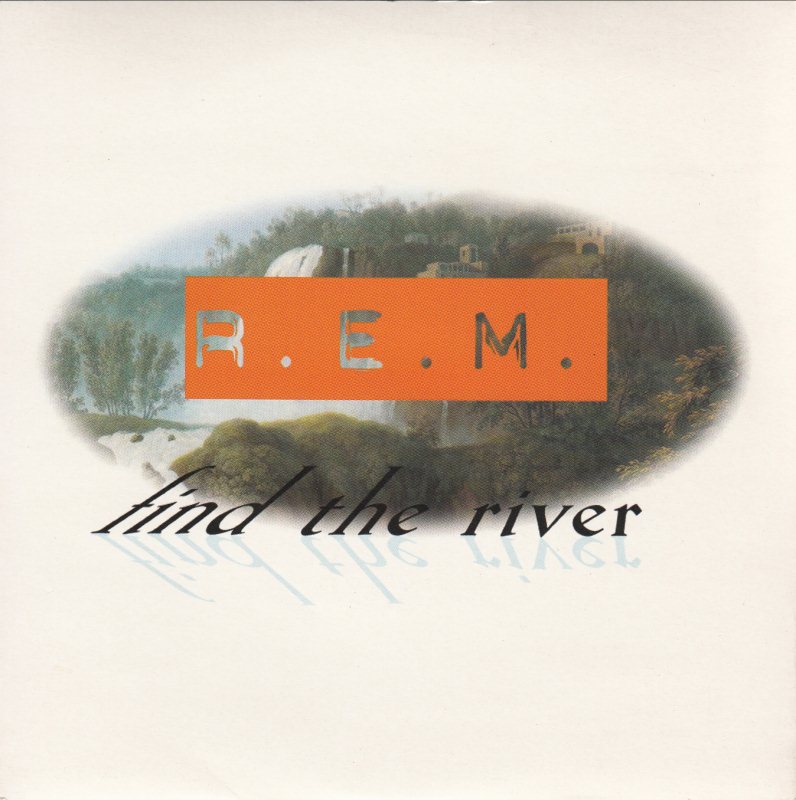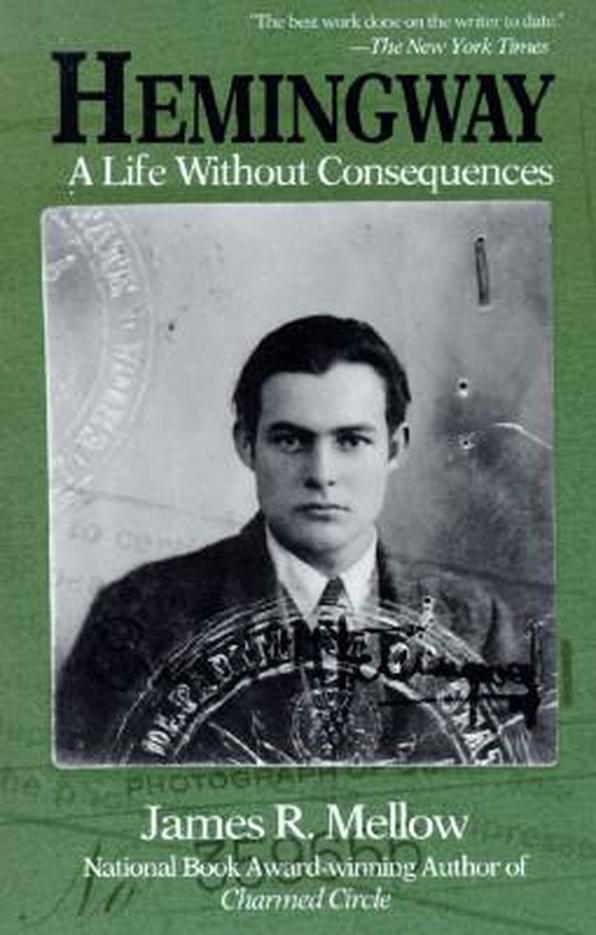1973:
- At one point, maybe you become aware of your style, and you stylize your style so that you become a caricature of yourself. Dylan did that with himself. He began with an affectation of Woody Guthrie's style of singing, Woody Guthrie as taught to him through Ramblin' Jack Elliott. I can listen to Dylan and hear all of his kind of affected manner that he has of delivering and yet forgive him for it. I consider it theatre. It's like he found it necessary somehow to age his voice to deliver his message. He had to sound like he was left over from the Depression; he'd been riding boxcars all his life. He even fabricated his history. Part of his magic was his Hobokenonism, you know, Hoboken ... [laughs] I don't imagine that it gives him pain to listen to his old things. I don't know, maybe he hates everything he ever did.
- I don’t know. There is no formula.
- There comes a point where you just kind of bleed onto the pages. Many artists end up going there. It's like in Job, when God says to Job, "Have you seen… ? Have you seen the janitors of Shadowland?" The artist has to see the janitors of Shadowland at some point. You could call it teenage angst. Maybe it's best to face your inner self in your teens when your body's strong. You need to face that when you're young and strong. In other cultures, that would be called a shamanic conversion. In this culture, it would be called a nervous breakdown. Your nerves are on fire. Since we're not a shamanic people, we don't realize that sharper senses are coming in. I think it's the sixth sense, which is the coordination of all the other five; it comes from sharpening the five. It's the sense that directs the dogs and horses to run for the hills when the tsunami is coming. They could hear it, they could smell it. It sharpened my vision, as a painter. Sharpened my hearing as a musician. Sharpened my sense of language. Sharpened the speed of my eye. I could see a fleeting expression on a face, like a thirty-third of a second. And in that thirty-third of a second, a lot of times, much is revealed.
- How does a person create a song? A lot of it is being open, I think, to encounter and to, in a way, be in touch with the miraculous.
- Well, I used to call them, not knowing what a sus chord was myself, I called them chords of inquiry. They have a question mark in them. They're sustained. Men don't like them because they like resolution, just like they do in life.
1979:
- Miles Davis taught me how to sing. More and more I'm beginning to show what he taught me — pure straight tones holding straight lines. The feeling when you sing and you open up your heart.
- I always kept Miles and his music, especially at a certain period, a lyrical period, in the area of music that I would play for myself but never thought of it as attainable. And now I'm playing with most of the players who made up that music.
2012:
- On “Big Yellow Taxi”: I don't foresee impending disasters all around me. [laughs] It's not psychic. It's not anything paranormal. It's just being awake, being alert. I've got a fast eye.
- I did take a growth spurt as a writer on ‘Hejira’, I think ... Around ‘Hejira’ and ‘Don Juan's Reckless Daughter’, to a degree, I think I went to another level as a writer.
- You have to be selective. That's what I like about the song form, as opposed to writing my book. The song gives me a corset. When you take the corset off, I'm overwhelmed. The structure of the melody gives me an architecture and it forces me to be economical. Give me a blank page, I could drown myself in details and twist and turns and digressions. The song enables me to reach clarity.
- The subconscious knows no past, present, and future. Like, when I tried to quit smoking, I went to a hypnotist and he tried to hypnotize me and he said to me, "You're gonna laugh now" and I laughed, but I laughed because I wasn't hypnotized. He said, "You're not hypnotized." I said, "I know. Why is that?" He said, "Well, what I think it is, is that the gap to your subconscious is wide open." I said, "Well, why is that?" He said, "Well, little kids have that but generally, they're told by seven to quit daydreaming. And they work on it, and eventually it seals." So I suppose if that's true, I have easy access to the subconscious.
- The great things nearly always come on the edge of an error. What comes after the error is spectacular. So if you are hung up on the error, you missed the magic.


